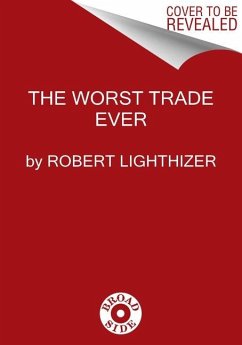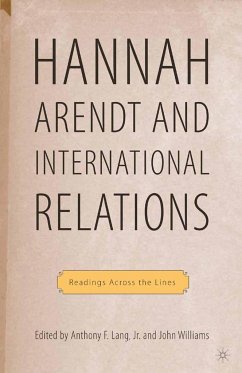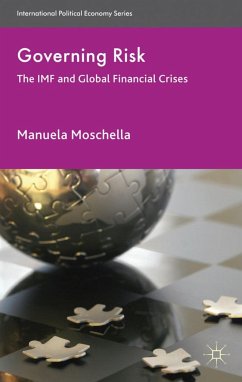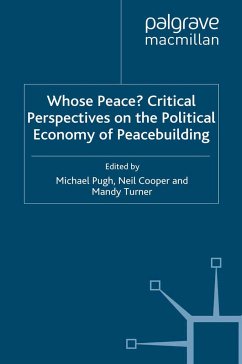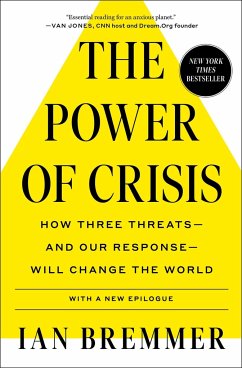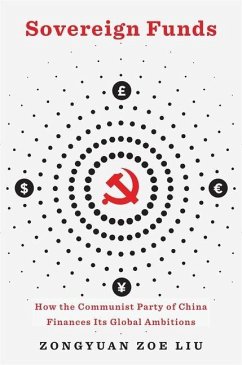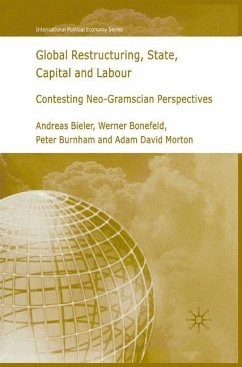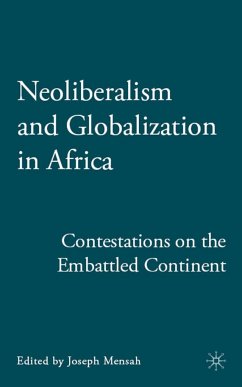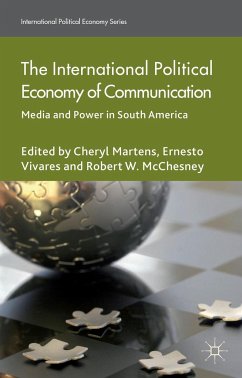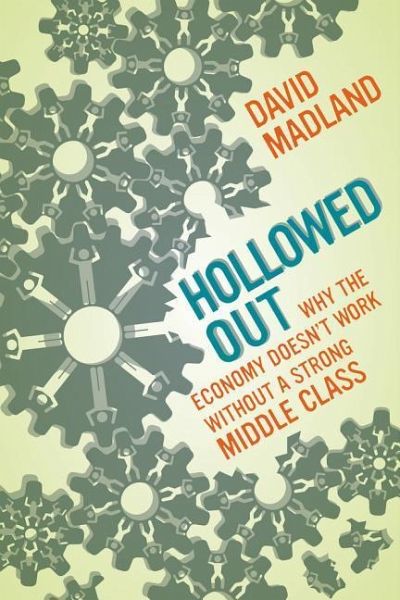
Hollowed Out
Why the Economy Doesn't Work Without a Strong Middle Class

PAYBACK Punkte
13 °P sammeln!
For the past several decades, politicians and economists have thought that high levels of inequality were good for the economy. But an economy that works only for the rich simply doesnt work. Because the middle class is so weak, Americas economy now suffers from the kinds of problems that plague less-developed countries. Privileged elites more frequently secure special treatment from a government that wastes money and stifles competition. Childrens opportunities are excessively determined by the wealth of their parents. Societal distrust has increased, making business transactions needlessly d...
For the past several decades, politicians and economists have thought that high levels of inequality were good for the economy. But an economy that works only for the rich simply doesnt work. Because the middle class is so weak, Americas economy now suffers from the kinds of problems that plague less-developed countries. Privileged elites more frequently secure special treatment from a government that wastes money and stifles competition. Childrens opportunities are excessively determined by the wealth of their parents. Societal distrust has increased, making business transactions needlessly difficult. Consumer demand has weakened and become unstable, which has helped fuel the Great Recession and has made the recovery painfully slow. As Hollowed Out explains, to have strong and sustainable growth, the economy needs to work for everyone and grow from the middle out.




